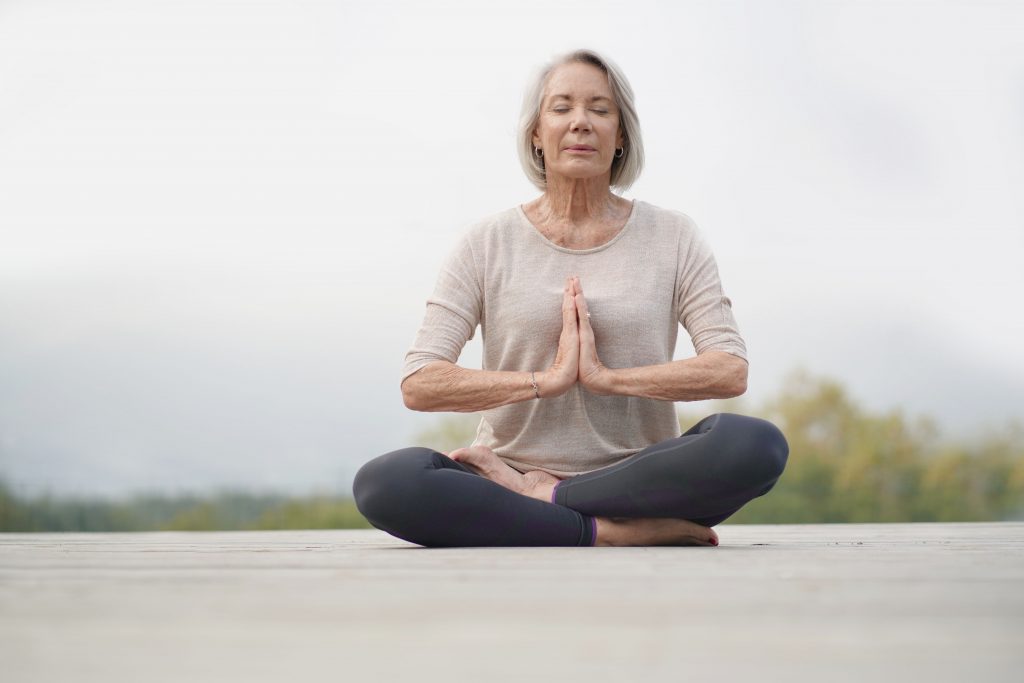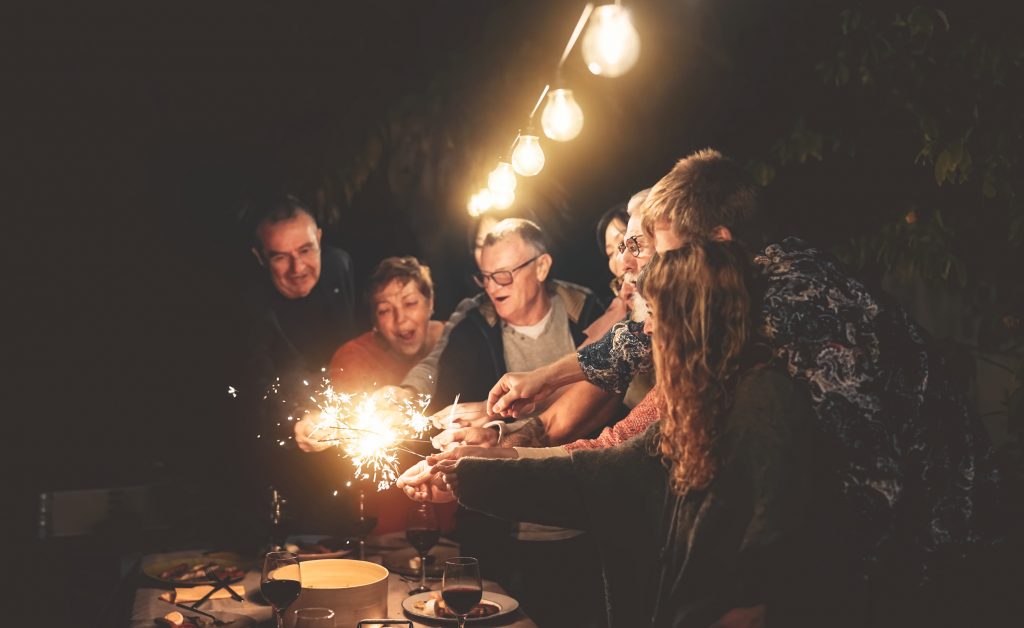Tips To Keep Your Bones Healthy
Bones are tough on the exterior, but on the interior, they’re comprised of organic matter that’s similar to honeycomb and filled with bone marrow. Bone tissue and marrow is broken down and rebuilt all the time. But as we age, we begin to lose more bone than we build and causes the bones to gradually weaken, putting us as higher risk of a serious break or fracture.
Be Active
By staying inactive, your bones and muscles lose strength. With time, this increases your risk of falls, fractures, and osteoporosis. People over 55 should try and get at least 150 minutes of moderate-intensity exercises, in short periods of 10 minutes or more, per week. Generally speaking, doing something is much better than doing nothing.
When you do moderate activity, it will increase your heart rate; this will make you breathe faster and, ultimately, feel warmer. If you want to tell whether your exercise level is moderate, you should be able to talk, unable to sing the words to your favorite song. Here are some moderate-intensity activities you can try:
– Walking
– Ballroom and line dancing
– Water aerobics
– Pushing a lawnmower
– Playing double tennis
– Riding a bike with few hills or level ground
You should also perform certain activities, at least twice a week, to improve your muscle strength. This could include:
– Lifting weights
– Yoga
– Heavy gardening, e.g., shoveling or digging
– Exercising to music
– Going up and downstairs
– Carrying groceries
– Dancing
It’s also prudent to perform activities that can improve balance and coordination, at least twice a week, since this can lower the risk of falling. Yoga and tai chi are among the best activities for this. In general, these types of activities may also reduce unsteadiness and stiffness related to painful joints.
Furthermore, you should try and avoid sitting around for prolonged periods. In case you realize that you’ve been sitting for more than approximately 20-30 minutes, get up and take a stroll. In case you’re struggling with a health condition such as arthritis, or heart disease, you might be in a position to join an appropriate group exercise class.
Exercising With Osteoporosis
In case you have spinal fractures or a high fracture risk caused by osteoporosis, you ought to look after your back. Most importantly, you should bend your knees while lifting objects. Keep off from movements that require awkward lifting and bending movements. You might need to be cautious about some forms of high impact exercises. Your general practitioner may advise you accordingly.
Eating For Healthy Bones
In some cases, people realize their appetite begins dropping as they get older. When eating less, it can be a bit more challenging to get the nutrients you require to keep bones and muscles strong and healthy.
In general, being active will help in keeping up your appetite. However, if you don’t feel like eating a lot some days, it is still essential to try and follow a healthy, balanced diet. What’s more, you need protein, vitamin D, and calcium for healthy bones and muscles. Calcium usually makes our teeth and bones strong and rigid. Protein is essential for muscle strength, while vitamin D aids the body in absorbing calcium.
Another primary reason to take a balanced diet is that it can help you in maintaining healthy body weight. In fact, being underweight is associated with a higher risk of fractures. In case your diet isn’t as healthy as it should be, you might want to consider using a dietary supplement. Opt for one that consists of vitamin D and calcium. Your pharmacist or GP might help you choose one that’s much suitable for you.
Certain medicines could negatively affect your appetite. In case you think a particular medication you are taking might be affecting your appetite, maybe since it makes you feel nauseous, make sure to consult with your GP or pharmacist. They might be able to recommend an alternative.
Vitamin D
Undoubtedly, vitamin D is an essential component when it comes to healthy bones and strong muscles. As you might know, our bodies create vitamin D from the reaction of the summer sunlight (usually from March/ April to September) on our skin. As a general rule, people who are not exposed to enough sunlight must take a vitamin D supplement per day.
These generally include people who:
– are in an institution, for example, a care home
– are not usually outdoors, such as people who are frail or housebound
– when outdoors, often wear clothes that tend to cover up most of their skin
Individuals with dark skin, like African, South Asian, and African-Caribbean origins, may not get sufficient vitamin D from sunlight. As a result, they should think of taking a supplement all through the year.
Certain foods consist of vitamin D – generally, these may include eggs, oily fish such as salmon and mackerel, foods fortified with vitamin D like fat spreads, and certain breakfast cereals. However, it’s hard to get sufficient vitamin D from food only. For this reason, each adult is advised to think about using a daily vitamin D supplement, especially during the winter months (from October to March). Your GP might also suggest a calcium supplement in case you have osteoporosis.
Other methods to protect your bones
Here are other factors to consider to help avoid falls and fractures:
– get your hearing checked. Ear issues might affect your balance
– go for an eye taste. With poor eyesight, it will affect balance and mobility
– review your medications with your pharmacist or GP; specific medicines may make you feel drowsy or dizzy
– take care of your feet. Foot pain might affect your mobility.
You must not stop taking before getting medical advice from an experienced health expert.
Bone health is essential at all stages of life. Nevertheless, having strong bones is something many people tend to take for granted, mainly because symptoms usually do not appear unless bone loss has advanced. The good news is that many lifestyle and nutrition habits can help strengthen and maintain healthy bones. Although there are more ways to improve bone health, the above tips should be useful in improving your bone health. Remember, it is never too early to start!
Share this post:
Better Living for Today
6 Reasons Why Active Aging Adults Should Do Yoga
Aging is inevitable. But staying fit is still in your…
Read MoreTop Tips To Sticking To Your New Years Resolution
It’s popular belief that The New Year symbolizes a chance…
Read More



